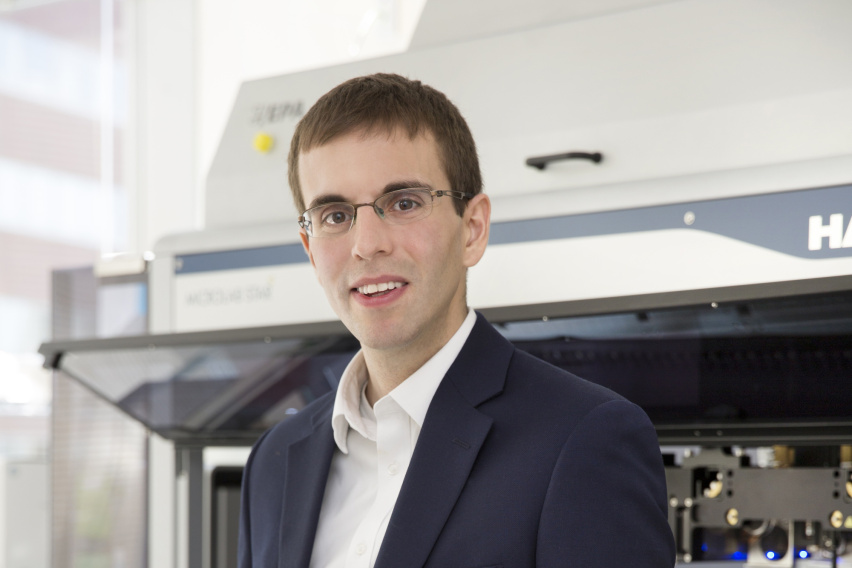MIT News
November 13, 2014
The KI community mourns the loss of Herman Eisen, a professor emeritus of biology and founding faculty member of the MIT Center for Cancer Research (CCR), who died Nov. 2 at age 96. Over a 70-year career, Eisen forged a path as a pioneering immunologist whose research has significantly shaped the field. He joined the MIT faculty in 1973, having been recruited by CCR founder Salvador Luria. Eisen retired from MIT in 1989, albeit only in the official sense: As a professor emeritus, he maintained an active laboratory and continued to advise students and postdocs, research, and publish until his very last day. “Herman was a true treasure: an inspiring colleague, a caring mentor, and a wonderful human being,” says Tyler Jacks, director of the Koch Institute and David H. Koch Professor of Biology. “We all aspire to be Herman Eisen.”
